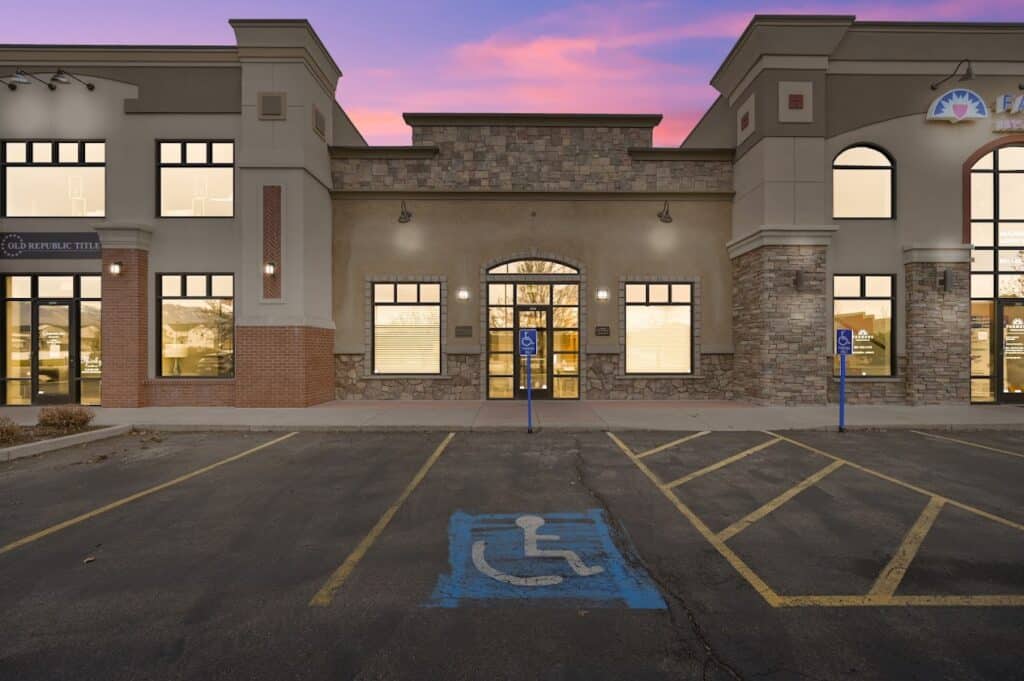An initial psychiatric evaluation is a comprehensive assessment conducted by a mental health professional to diagnose and develop a treatment plan for an individual with mental health concerns. The evaluation process typically includes a thorough review of the individual’s medical and psychiatric history, current symptoms, family history, and social and occupational functioning. The assessment may also include a mental status exam, which assesses the individual’s mood, affect, thought processes, and cognitive functioning. The mental health professional may also use standardized rating scales and diagnostic tools to help guide their diagnosis and treatment plan.
The initial psychiatric evaluation is typically administered by a psychiatrist, a psychiatric nurse practitioner, or a licensed psychologist with expertise in psychiatric disorders. The evaluation can take place in a variety of settings, including outpatient clinics, hospitals, or inpatient psychiatric units. The length of the evaluation may vary depending on the complexity of the individual’s symptoms and history, but generally lasts between 60-90 minutes.
There are many benefits to undergoing an initial psychiatric evaluation. For the individual seeking treatment, the evaluation can provide a clear understanding of their mental health concerns and help them feel heard and validated. It can also provide a roadmap for treatment, including recommendations for therapy, medication management, and lifestyle changes that can help improve their symptoms and overall well-being.
For medical providers, the initial psychiatric evaluation is a crucial tool for developing an accurate diagnosis and treatment plan for their patients. It helps them identify the appropriate medication and dosage to prescribe, as well as the most effective therapy techniques to recommend. The evaluation also provides an opportunity to assess the individual’s risk of harm to themselves or others, and to make appropriate referrals to other specialists if needed.
Evidence-based research supports the use of initial psychiatric evaluations as an effective tool for diagnosing and treating mental health disorders. In a study published in the Journal of Clinical Psychiatry, researchers found that the use of structured diagnostic interviews during initial psychiatric evaluations led to more accurate diagnoses and treatment plans. Other studies have found that early diagnosis and treatment of mental health disorders can improve long-term outcomes and reduce the risk of relapse.
Psychiatric providers can incorporate genetic testing results into medication management by utilizing the information to personalize treatment plans based on a patient’s unique genetic profile. Genetic testing can provide insight into how an individual metabolizes certain medications, which can help providers determine the most effective medication and dosage for a patient.
For example, if a patient has a genetic variation that causes them to metabolize a medication more slowly, a provider may adjust the dosage or choose a different medication that is metabolized differently. Conversely, if a patient has a genetic variation that causes them to metabolize a medication more quickly, a provider may need to increase the dosage or choose a medication that has a longer half-life to maintain therapeutic levels.
In addition to guiding medication selection and dosing, genetic testing can also help identify potential medication side effects and drug interactions that a patient may be more susceptible to based on their genetic profile. This information can help providers minimize the risk of adverse reactions and improve treatment outcomes.
It is important to note that genetic testing is just one tool that psychiatric providers can use to inform treatment decisions. Providers will also take into account other factors, such as a patient’s medical history, symptoms, and response to medications, when developing a treatment plan. Genetic testing can provide valuable information, but it is not a substitute for thorough clinical evaluation and ongoing monitoring of a patient’s progress.
The initial psychiatric evaluation is typically administered by a psychiatrist, a psychiatric nurse practitioner, or a licensed psychologist with expertise in psychiatric disorders. The evaluation can take place in a variety of settings, including outpatient clinics, hospitals, or inpatient psychiatric units. The length of the evaluation may vary depending on the complexity of the individual’s symptoms and history, but generally lasts between 60-90 minutes.
There are many benefits to undergoing an initial psychiatric evaluation. For the individual seeking treatment, the evaluation can provide a clear understanding of their mental health concerns and help them feel heard and validated. It can also provide a roadmap for treatment, including recommendations for therapy, medication management, and lifestyle changes that can help improve their symptoms and overall well-being.
For medical providers, the initial psychiatric evaluation is a crucial tool for developing an accurate diagnosis and treatment plan for their patients. It helps them identify the appropriate medication and dosage to prescribe, as well as the most effective therapy techniques to recommend. The evaluation also provides an opportunity to assess the individual’s risk of harm to themselves or others, and to make appropriate referrals to other specialists if needed.
Evidence-based research supports the use of initial psychiatric evaluations as an effective tool for diagnosing and treating mental health disorders. In a study published in the Journal of Clinical Psychiatry, researchers found that the use of structured diagnostic interviews during initial psychiatric evaluations led to more accurate diagnoses and treatment plans. Other studies have found that early diagnosis and treatment of mental health disorders can improve long-term outcomes and reduce the risk of relapse.

We are specifically formulated to offer personalized therapeutic interventions to adult individuals with mental health disorders.

We provide a comprehensive Intensive Outpatient Program (IOP) that offers clients the opportunity to attend group therapy sessions three to five times a week.
We do not accept Medicare or Medicaid.
We are a private pay program, and are out of network with most insurance companies. We have success securing single case agreements with many companies, however, the rate of payment on those varies with the insurance company and we cannot guarantee what they might pay. We will run a Verification of Benefits (VOB) when we receive your insurance information so you have a general idea of what your insurance policy may reimburse, however, that is an estimate based on what all people insured by your company have received from your insurance, not a guarantee of what they will pay in your case.
On average, Corner Canyon’s clients receive a portion of insurance reimbursement 85-90% of the time, but the amount varies from minimal repayment to full reimbursement. We have a team of insurance advocates who are invested in helping families secure as much reimbursement as possible.
Fill out our Online Application here or call us at 877-226-0317 and you will receive a return call, text, or email quickly, depending on what you specify. We want you to have the best experience possible with us from start to finish, and responsive communication is part of that.
Take a virtual tour of our inpatient facility.
Call us at 877-226-0317 or email admissions@cornercanyonhc.com
© Copyright 2024 Corner Canyon™ | All Rights Reserved | Privacy Policy
